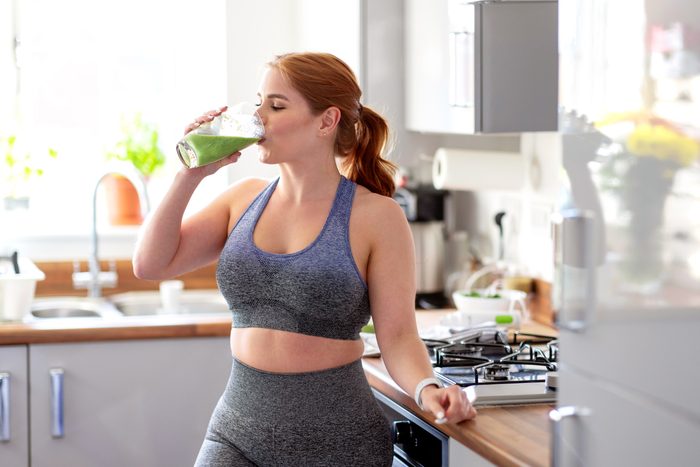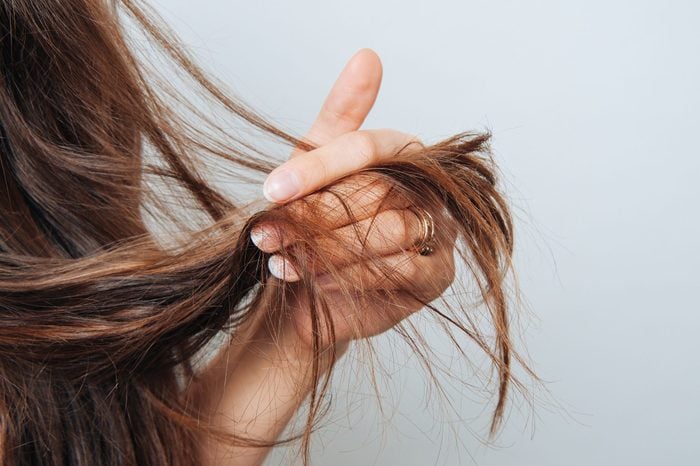
How to Know You Have a Healthy Diet
For something we do every day, eating can feel complicated. Especially when you’re in the constant pursuit of a healthy diet. You might have heard that you should eat more fiber and less sodium, but who has time to add up all the grams and micrograms? You can use the familiar plate-shaped guide from the U.S. Department of Agriculture, but it’s not very specific. And if you’re a fan of food tracking apps (which really can be great), well, logging each snack isn’t always as simple as it sounds. After all, bananas don’t come with an easy-to-scan label to enter their nutritional info.
So how do you know if you’re giving your body the nutrients you need? “Most people who eat a well-balanced eating plan that includes a variety of nutritious foods from all of the food groups will not need to be worried about nutritional deficiencies,” said Theresa Gentile, MS, RDN, CDN, and national spokesperson for the Academy of Nutrition and Dietetics.
Some guidelines Gentile recommends for eating a variety of nutritious foods include:
- Filling half your plate at any given meal with fruits and vegetables
- Focusing on whole fruits rather than their sauced or juiced counterparts
- Varying the veggies, so you get a variety of nutrients and don’t have to eat the same old salad every day
- Making half your grains whole. That means rice, quinoa, popcorn, and whole wheat bread as opposed to white bread or your local bakery’s finest pastries
- Eating a variety of protein foods like beans, fish, and lean meats
- Choosing low-fat or fat-free dairy or dairy alternatives
If you follow these tips, you might be getting all the nutrients you need—but it’s still important to stay tuned in to the signs your body is sending about your diet. To help, Gentile shared the top ways your body tells you it’s content with how you’re nourishing yourself.
Get The Healthy @Reader’s Digest newsletter
Shiny hair can be one sign of health and vitality for a reason. So if your hair is looking luscious, you’re probably feeding it well with a healthy diet. Thinning hair or prematurely graying hair can sometimes be signs of vitamin deficiency, according to one 2019 dermatology study.
It’s normal to shed between 50 and 100 strands of hair a day, so don’t panic if you see some in the drain or on your pillow.
The Nutrient Deficiency That Can Cause Hair Loss
No Byline Policy
Editorial Guidelines
Corrections Policy
Source
